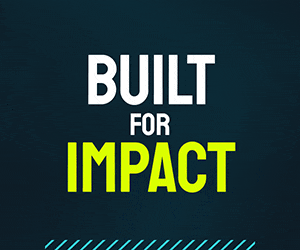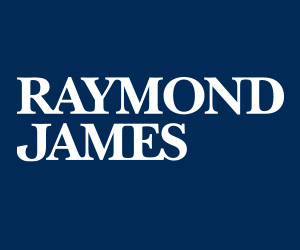Vilsack challenges Iowans to embrace change

Gov. Tom Vilsack is expected to outline new proposals to help transform the state’s economy while challenging Iowans to think differently about how government services should be delivered when he gives his annual Condition of the State address at 10 a.m. Tuesday in the House chambers.
Lawmakers returning to Des Moines Monday for the 80th session of the Iowa General Assembly will be asked to deal with some of the worst financial conditions for state government since World War II. Deficit projections for fiscal year 2004 range from $260 to $400 million, but policy-makers can’t afford to focus solely on the problems of today, Vilsack said. “Legislators have to move beyond the traditional approach of dealing with the problems of today and take some bold steps to transform the economy for tomorrow, and that requires change by all Iowans,” he said.
Sentencing reform, spiraling Medicaid costs and other health-care issues, education, and environmental stewardship are important issues lawmakers can’t ignore, “but if that’s all you do, all you are doing is maintaining the status quo,” Vilsack said. “We get by today, but we compromise tomorrow.”
Vilsack has put transforming the economy at the top of his agenda, a priority reinforced when he nominated Michael Blouin, the leader of the Greater Des Moines Partnership, to head the Iowa Department of Economic Development. Blouin’s nomination comes up for confirmation in the Senate March 15.
Vilsack said an economy based on an ever-increasing volume of low-priced agricultural commodities and the creation low-paying manufacturing and service sector jobs doesn’t produce adequate revenue. He will place additional emphasis on value-added agriculture, development of renewable energy sources and biotechnology, including crops grown for the pharmaceutical companies. Those sectors carry the greatest promise for higher-paying jobs that will keep young people in the state and create a greater revenue stream for the state, he said.
Vilsack said he will propose some changes in the IDED to allow for more involvement in economic development matters by the private sector, but he doesn’t fully endorse a proposal put forth by business groups to create a private-public partnership headed by a CEO from the private sector. “What was being discussed was an entity that had little accountability to the state,” he said.
Vilsack said Tuesday’s proposal may not be quite what business leaders had in mind, but will respond to their desire for more private-sector involvement in business development. He said it will be the most ambitious proposal of its kind in the history of the state.
Iowans need to embrace change regarding the delivery of government services, the governor said. Iowa has 1 percent of the nation’s population but 6 percent of its government. Citing an example of the change needed, Vilsack said he will propose incentives to encourage Iowa’s public schools to develop regional and virtual Web- and Iowa Communications Network-based academies to increase educational opportunities for students. Past efforts to retool Iowa’s public education system have been based on the premise that the state has too many school districts, and incentives have been offered to small school districts to consolidate to save money. In a departure from that, Vilsack said the primary goal should be increasing educational excellence. “That’s really how Iowans should be thinking,” he said. “It ought not to be, ‘How can we save money?’ It ought to be, ‘How well are our children being educated?'”
Vilsack warned that creating regional and virtual academies may not be enough for some of the state’s smallest school districts, but that doesn’t mean they should close, he said. In some instances, sharing administrators may be enough to meet dual goals of educational excellence and efficiency.
Education has been an important component of the governor’s economic development agenda, and he’ll propose action to increase access to early-childhood education for all Iowans. “The very wealthy and the very poor have quality preschool, but the vast majority of kids in the middle don’t have that opportunity, and we have achievement gaps,” Vilsack said.
Early-childhood education is part of a “continuum of encouragement” the governor believes will result in more students obtaining college degrees. A high school graduate in Iowa earns an average of $12 an hour, while college graduates earn an average of $21 an hour, he said. It’s estimated that if all Iowans possessed at least a two-year college degree, wages would increase enough to add another $350 million in income taxes to state coffers.
“Then we wouldn’t have as many people getting Medicaid,” Vilsack said. “The current economy creates jobs that are not the jobs that support the values we as Iowans cherish. To improve the character of the workforce, we’ve got to start now.”
He said the next several months may be the most important for the state in some time. With about a third of lawmakers entering the Legislature for the first time, tremendous opportunities exist for a bipartisan approach to solving the state’s problems, the governor said. Partisan bickering defined last year’s election-year session, but Vilsack said a better chemistry exists between his office and lawmakers in leadership positions.







